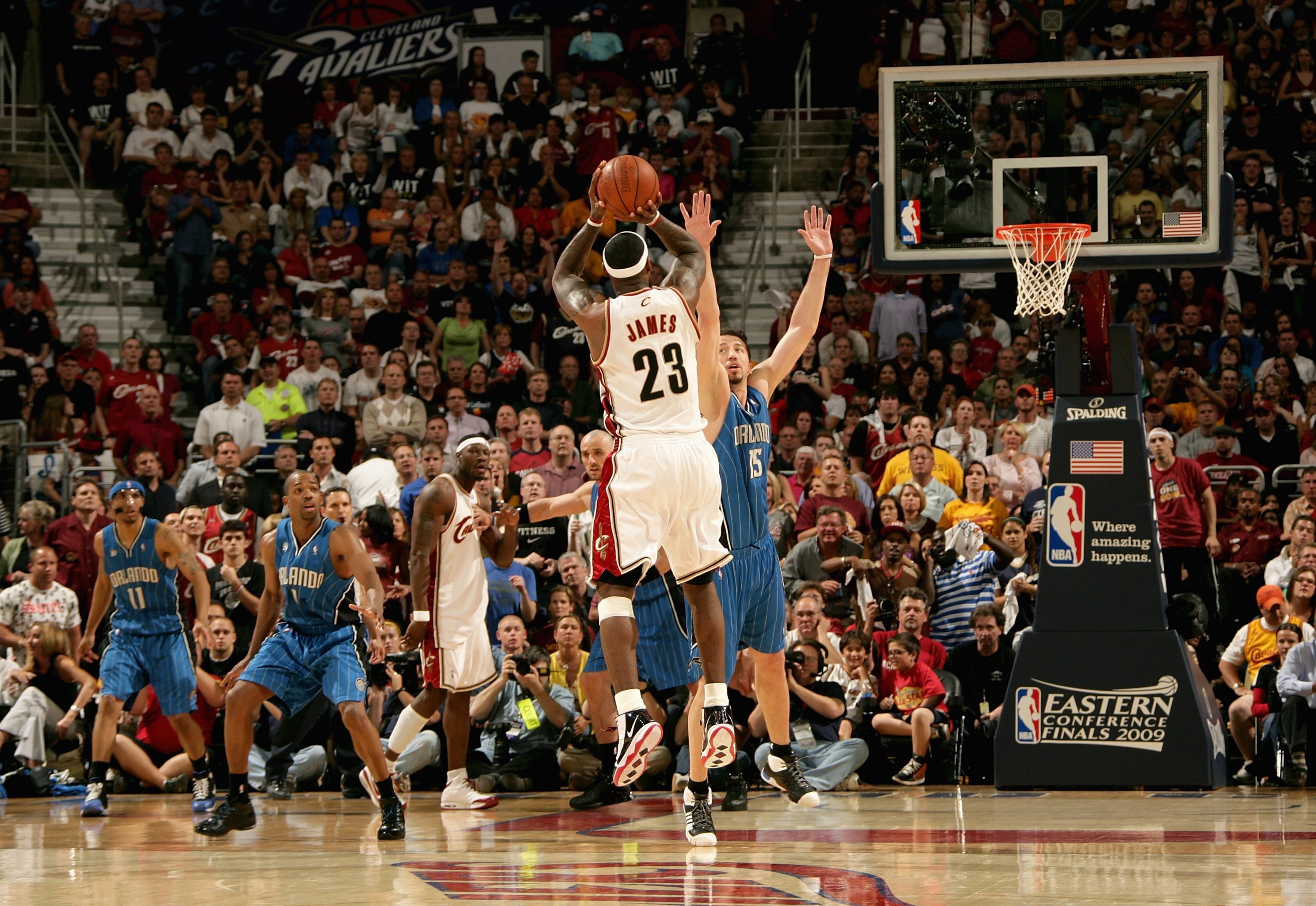A short week isnât always necessarily a good thing. I came to find out during the Womenâs and Youth day celebrations. Sandwiched between two very significant holidays, were only three working days to get a lot done. Still nowhere close to finish and the clock is just ticking away. Hello stress good bye calm!
At first the idea of two holidays in one week sounded more than great, then the reality of rescheduling and even putting off things on the to do list started to dawn, three days in the working week is going to have a snow ball effect. I was literally screaming inside, how, what where, when how again. When you feel that your resources (in this case, time) do not match your demands, that can be overwhelming.
The reality is everybody deals and is dealing with some sort of stress/pressure. So, Iâm not special, its normal.
In a quest to find a solution to this situation, I ask myself âhow do my favorite elite athletes handle stress/pressure while competing?â
I noticed one thing; elite athletes appear un-phased by the pressure, in-fact, the greats seem to thrive during these times, for example:
MJ-1989 NBA Playoffs Game 5 vs. Cleveland Cavaliers:
With the Chicago Bulls first-round series against the Cavaliers knotted up at two games apiece, Jordan hit a two to put his Bulls up by one.
With just three seconds remaining, Jordan caught the inbound pass. He took two dribbles to his left before elevating for a pull-up jumper over Craig Ehlo. And he drilledâin style. Whatâs now forever immortalized as âThe Shotâ.
Lebron James-2009 NBA Playoffs Game 2 ECF vs. Orlando Magic:
This was easily my favorite of LeBron's.
Cleveland trailed by two in Game 2 of the Eastern Conference Finals with just one second left on the clock. LeBron caught the inbound pass and drilled a deep three to give the Cavs a one-point victory. LeBron barely had time to catch the ball and his body wasn't even squared to the basket, yet he still nailed it.
Absolutely sensational.
So how can I apply some of those elite skills to my current predicament?
1. Deep breathing exercises:
I just naturally thought these athletes are tired hence the heavy breathing. But upon closer look, the physical act of deep inhales and long exhales delivers oxygen to the blood and fuels the body for performance. It also stops the negativity in its tracks and helps to clear the mind so that the athlete can focus on positivity.
Wow! By doing this simple exercise, Iâm able to stay calm, organize my thoughts and focus on finding solutions which is more positive/helpful than worrying about negative outcomes. Suddenly, doing five days of work in three days doesnât seem so overwhelming.
2. Visualization:
When an athlete visualizes success, they are more likely to achieve it. This technique quiets thoughts of disappointing outcomes and engages positive images that prepare them for competition.
This seemed a little silly at first, but picturing myself getting work done and beating deadlines (just like making that buzzer beating shot) gave me confidence that I could do this (and I got on to doing it).
3. Positive self-talk:
Positive self-talk softens the negative and abruptly pivots it into a more positive message. The positive thought can become a mantra that reassures the athlete emotionally and calms down the physical manifestations like nausea or rapid pulse. This impact prepares an athlete for a better outcome.
From visualization now positive-self-talk? Shrug. If itâs good enough for MJ or Lebron, why not? Plus, I imagine during high stress or pressure moments, telling yourself âYou can achieveâ is more helpful than âIâm going to lose itâ.
4. Labeling:
Labeling helps the athlete learn to identify their feelings and thoughts and the triggers that set them into a downward spiral. An athlete can then take that energy and change it into a positive focus rather than a negative result. From the two examples above, Iâm sure in those moments MJ and Lebron must have felt something (still human). But their ability to recognize whatever the feeling was and label it as a natural response to the moment, helped turn it in to a positive. In other words, labeling helps the brain reconnect with the body in a positive manner.
Recognizing that Iâm feeling overwhelmed and stressed in the moment helps me to work smarter (not harder), focus on those high priority tasks and reorganize my work schedule to fit in with the time thatâs available.
5. Game day nourishment:
Competitive stress can leave athletes dealing with a loss of appetite or nausea, itâs critical to nourish the body, regardless. A well-balanced, light meal, pre and in-game supplements (Gatorade, fruit etc.), and proper hydration remain key to aiding performance for every athlete.
Keeping my body nourished and properly hydrated during a stressful period can only be a plus.
Stress is a natural bodily function. Indeed, it can drive performance, increase productivity, and as weâve seen, help athletes deliver results. However, when the strain of competitive stress becomes too much, the impacts can be devastating.
Knowing the signs of stress and understanding how to deal with them effectively can be literally be game-changer.
